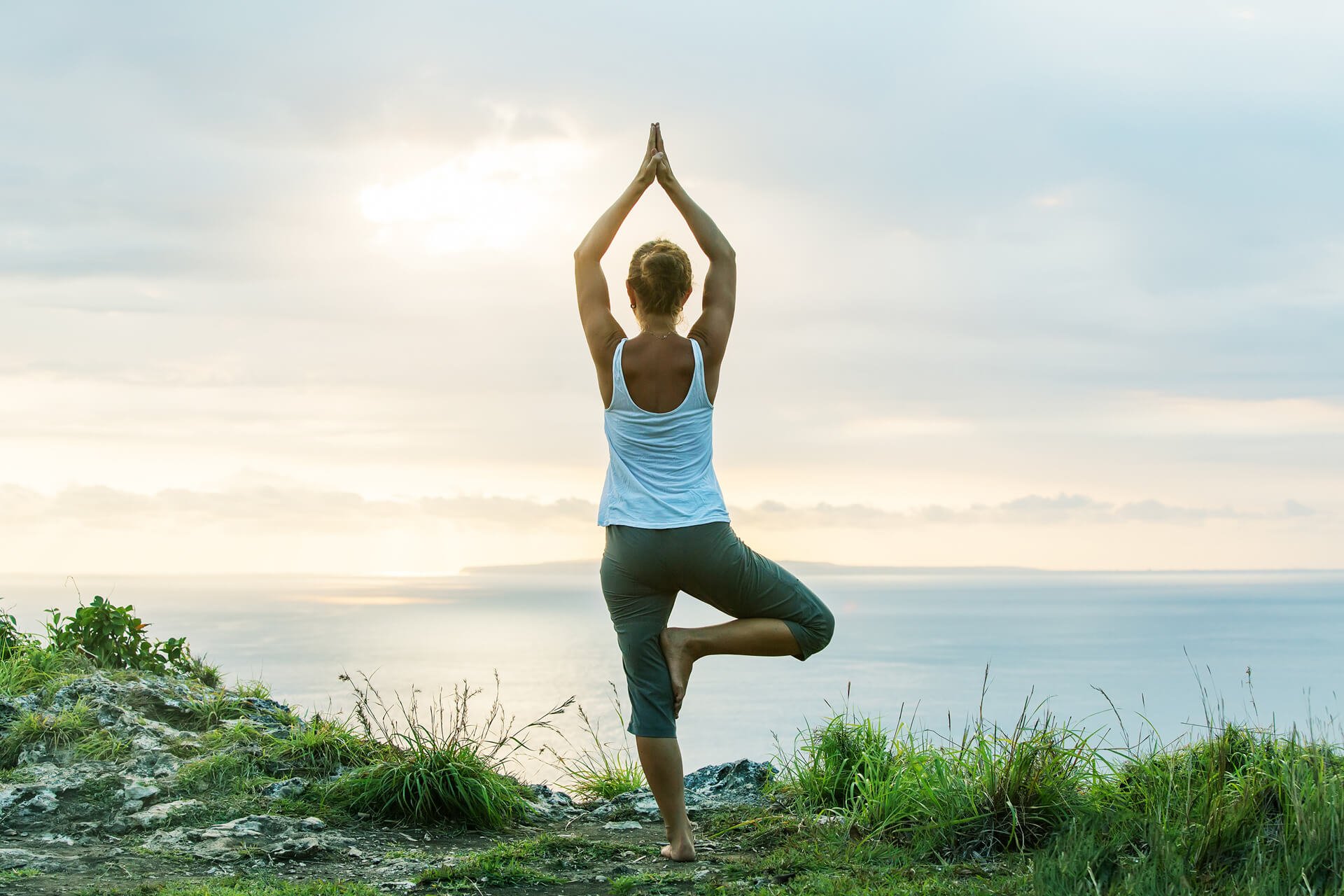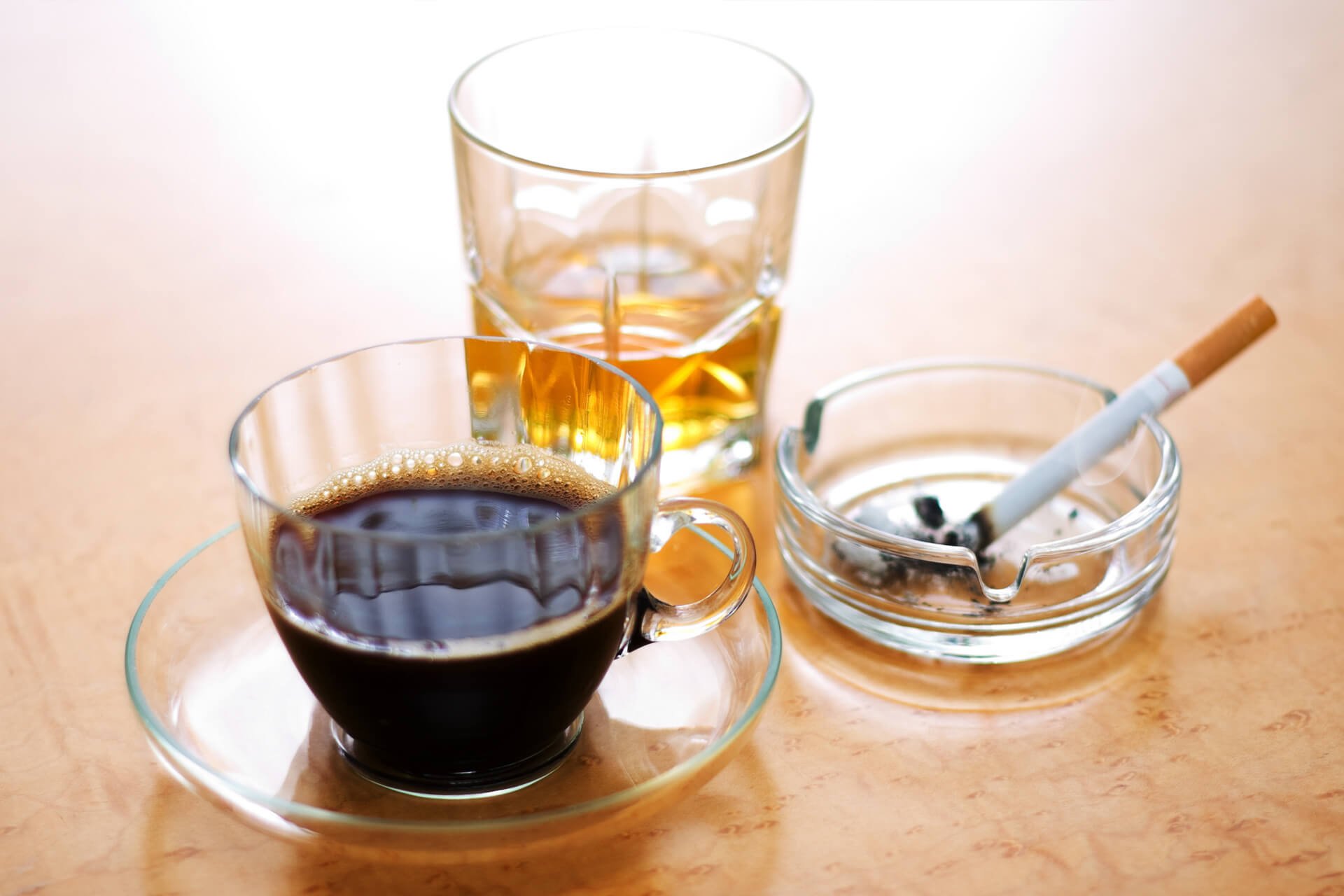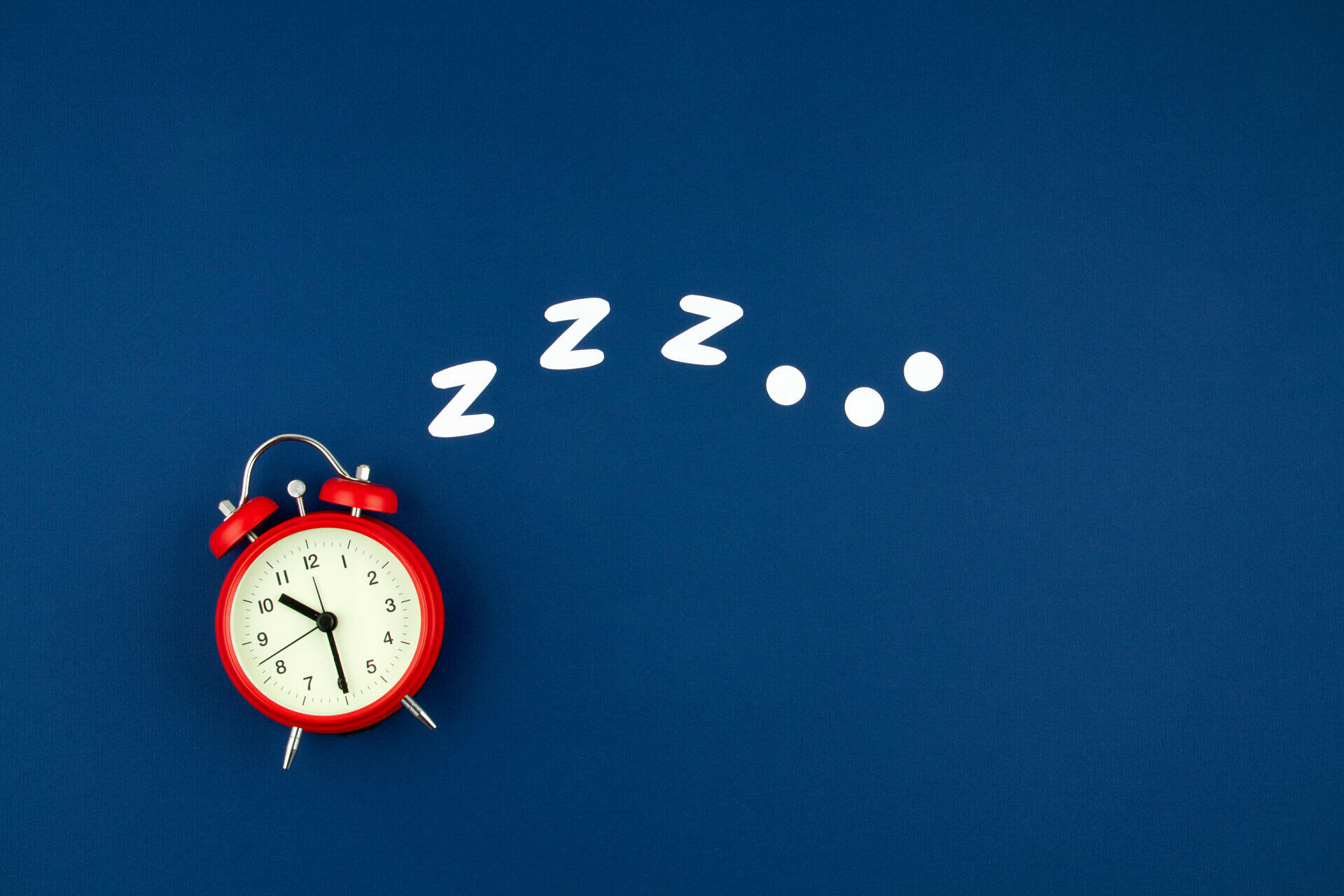Anxiety is as imminent as death and taxes.
There’s no avoiding the butterflies in our stomachs during crucial or otherwise challenging moments in our lives. Even watching a suspenseful movie brings with it a certain panic-driven thrill.
We say this – partially – to derail any stigma about anxiety and its effects on us. Feeling anxious is a common reaction to any number of situations.
However, just because anxiety is natural doesn’t mean that it can take over our lives. Yes, when channeled positively and managed successfully, a little fire lit by anxiousness can serve as motivation.
But there’s a scarily fine line drawn where symptoms go from easily conquerable to weighing us down and severely damaging our overall quality of life.
Our anxieties can do a number on our overall wellbeing, whether physical or mental. Related disorders are linked to depression and other mental illnesses.
And there are many associated adverse physical responses, such as heart disease.
Alternatively, finding ways to manage symptoms means harnessing that energy and becoming the best version of oneself.
Below, we’ll provide tips on how to handle your anxiety symptoms successfully. Before going forward, know that these are changes you’ll need to make to your lifestyle.

Take on Anxiety-Reducing Hobbies/Activities
Here’s a list and breakdown of activities you can partake in that will help manage your anxiety symptoms:
Learn to Meditate:
- Meditation revolves around focused concentration and continually bringing yourself back to a moment.
- It’s meant to manage both positive and negative stress, helping with anxiety, blood pressure, and heart disease.
- There are many types of meditation – figure out what suits you best.
Start doing yoga:
- According to the Mayo Clinic, stress, blood pressure, and heart rate could be lowered through Yoga.
- Experts view Yoga as one facet of a rounded approach to medicine.
- Part of the reason Yoga might help with anxiety is its focus on breathing. This helps silence negative self-talk and improves your mood. Try out these poses and see if they help.
Listen to Music:
- The idea that music therapy reduces anxiousness is supported by many studies.
- There’s research speaking to music’s ability to reduce your heartbeat and blood pressure. Both factors play a role in your stress levels.
- Classical, soft pop, and various types of world music are the genres most associated with relaxation.
We also suggest getting a massage. Plus, an array of relaxation techniques that reduce anxiety.
However, sometimes all you need to do is take a step back from your problems if only to clear your head.

Managing Your Anxiety in the Kitchen
It’s assumed that magnesium-rich foods help people feel calmer. Here’s a list of examples:
- Leafy greens (e.g., spinach and swiss chard)
- Legumes
- Nuts
- Seeds
- Whole grains
Furthermore, note that zinc-rich food is believed to lower anxiety. These offerings include oysters, cashews, liver, beef, and egg yolks.
One study suggests that fatty fish (e.g., Alaskan salmon) rich in omega-3 fatty acids reduce anxiety. While other research speaks to probiotic food (e.g., pickles, sauerkraut, kefir) combatting anxiety symptoms.
Another addition to your diet that will stave off anxiety symptoms is asparagus. The Chinese Government has even classified asparagus as a natural functional food due to these healing properties.
Avocados and other foods filled with B vitamins are good for managing anxiety as well.
These foods trigger serotonin and dopamine releases in your body, offering a safe way to feel better.

Cut Back on Alcohol and Caffeine
Similar to more nutrient-rich foods, alcohol alters serotonin and dopamine levels in the brain.
Sadly, unlike those healthier offerings discussed in the above section, these neurotransmitters get thrown out of whack by alcohol.
Your anxiety might end up being made worse once the alcohol wears off, either for several hours or for a full day after you’ve been drinking.
We do understand the urge to have a drink to “take the edge off.” But this is a slippery slope. With that said, sticking to moderation (a drink or two per week) will keep you relatively safe from the pitfalls of alcohol.
Furthermore, people who suffer from anxiety should avoid caffeine, as it’s a stimulant that leads to jitters. A cup of coffee makes your body reacts similarly to how it would if you’d been through a scary or traumatic event.
Caffeine triggers the fight-or-flight response, which worsens anxiety and can lead to a full-on attack.
Like alcohol, it would be foolish to act like someone should completely abstain from something they enjoy. But, once again, moderation wins the day. Limit your intake to a small morning cup of coffee so you don’t deal with the adverse side effects.

Ensure That You’re Getting Enough Sleep
According to reports, sleep helps regulate our emotions because it rests the function responsible for emotional and physiological reactions.
The same source explains that sleepless nights raise anxiety levels by a whopping 30%.
With that said, insomnia is no joke – conquering such restlessness can be intimidating. Fortunately, there are ways to combat this struggle.
Interestingly, many of the methods used to ensure consistently better sleep are the same as anxiety-reduction techniques. For instance, regular exercise and avoiding alcohol/stimulants can both contribute to restful sleep.
Before trying to sleep, avoid activities in bed. And don’t succumb to the urge to nap throughout the day, no matter how tired you are.
It might be time to say goodbye to your pre-bed snack ritual. This activates the digestive system, which leads to restlessness. There’s then the chance of heartburn–something the creates enough discomfort to keep you up for hours.
One last suggestion is finding a specific time to worry before bed. Block off room in your schedule to go over your “to-dos” and responsibilities for tomorrow–don’t mull them over in bed.
Commit to Daily Exercise
Some reports suggest that daily exercise is better for treating anxiety symptoms than medication.
Exercise’s positive side effects can be long-term. In fact, exercising intensely for an entire session is relieves related symptoms for hours. It’s then reasonable to assume that making these physical activities a regular part of your schedule would make a lasting difference.
According to researchers, there’s a 25% less chance for people who partake in regular vigorous exercise to develop anxiety disorder over the next half-decade.
You don’t necessarily have to go “all out,” though. Some experts believe that a 10-minute walk is as effective as a 45-minute weight session or 5km run.
Focus on Your Breathing
Anxious people take quick, shallow breaths from their chest–something known as thoracic breathing. It leads to an imbalance in oxygen-to-carbon dioxide levels in the body. From there, you can expect an elevated heart rate, dizziness, and muscle tightness.
Since your blood isn’t oxygenated enough due to shallow breaths, it causes stress responses, anxiety, and panic attacks.
On the other hand, deep breathing taps into your parasympathetic nervous system, which helps regulate the following functions:
- Heartbeat
- Bloodflow
- Digestion
Committing to deep breathing exercises defends against your fight-or-flight/stress response to situations that usually cause anxiety.
These techniques require practice and effort. Shockingly, this natural function is done poorly by a large chunk of the world’s population. Because proper breathing involves a deep level of focus and a commitment to learning proper techniques.
With that said, here’s a list and in-depth breakdown of 8 breathing techniques that specifically combat anxiety.
Don’t Take Everything So Seriously
Life isn’t a joke. We all have tons of responsibilities, obligations, and relationships in our lives that aren’t laughing matters.
Moreover, the world is filled with injustices that make it hard to smile and see the good humor in things. Sometimes, it might seem existence, in general, is conspiring against you, aiming to rob you of the ability to smile or laugh.
So, for the sake of your own mental health and staving off anxiety symptoms, you need to find time for humor in your life.
Why? Because a good hearty laugh stimulates then soothes your stress responses. Moreover, according to the Mayo Clinic, these reactions might lower your heart rate and blood pressure. It then becomes much easier to relax and find a sense of calm.
The Mayo Clinic then points out that laughter eases tension, leading to muscle relaxation, contributing to lessened anxiety.
Actively trying to laugh seems like it defeats the purpose of laughter and good humor. However, if you struggle with this aspect of your life, it will take work. Make time to learn how to laugh again, even if it’s through a series of life hacks.
Even in the darkest depths of our minds, laughter can be found. This notion speaks to dark comedy’s soothing effect on anxiety symptoms.

It’s Time to Take Your Anxiety in Hand
Managing your anxiety is far easier said than done. It can feel like there’s no getting over the hump.
In some instances, you might need therapy to give you a needed push in the right direction. Medication might be a necessity. Even still, the tips we’ve provided will be a vital part of your anxiety-management approach.
Remember, overcoming your anxiety and the related symptoms is an everyday challenge. Do what you can to improve your lifestyle to ensure you’re equipped to cope as best as humanly possible. Improvements won’t happen immediately but through consistent efforts.



